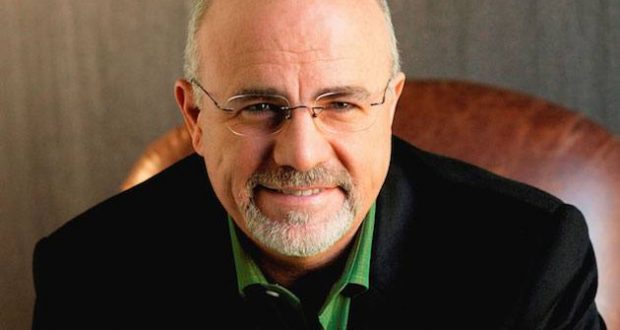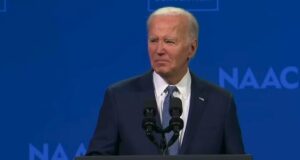Need some financial advice? Debt and Income Crisis? Pay off the house first? Check cashing? Taxes? Credit Cards? Check out what folks are asking Dave Ramsey.
Make sure it’s a gift
Dear Dave,
I’m on Baby Step 4 of your plan. I’m debt-free, and I’m currently putting lots of money toward retirement. Now, I want to go back to school and get an MBA. I could pay for school with cash, but that would delay buying a home. My parents have offered to help out financially, so do you think I should accept their offer?
Isaac
Dear Isaac,
I don’t have a problem with this, if they’re doing well enough financially to afford it, and the help comes in the form of a gift. If they’re borrowing the money to make it happen, then the answer is “no.” If they want to loan you the money, the answer is “no.” A loan between family members, or even friends, isn’t help—it’s a trap for both parties.
But hey, if they’re in good enough shape to gift you some money to help with the MBA or a home, that would be an incredibly generous thing to do. I think it’s so cool when people work hard, make smart decisions, and manage their money well to the point they can do things like this for others.
It sounds like you’re in a really good place, Isaac. Pay cash for school, and if you can’t buy a home outright when the time comes, make a down payment of at least 20 percent. That way, you’ll avoid having to pay private mortgage insurance!
—Dave
Cash out stock for emergency fund?
Dear Dave,
I’m 45, married, and we have a household income of around $85,000 a year. We have no debt, except for our home, and we owe about $70,000 on it. I recently stopped contributing to my 401(k) temporarily in an effort to help us build an emergency fund, but things are moving slowly. We also have $25,000 in stock. Should we cash out the stock, and use the money for an emergency fund?
Nate
Dear Nate,
Yes, that’s what I would do. Basically, your emergency fund is in stock right now. That’s not a good place to keep an emergency fund, because you never know when life will throw unexpected expenses your way or the stock market will go down.
I would cash out that stock as soon as possible. Put the money in a simple money market account—one with check writing privileges and no penalties for early withdrawals. You always want your emergency fund to be safe and easily accessible. Then, make sure you keep pushing forward and take care of Baby Step 4, investing for retirement; Baby Step 5, save money for college if you have young children; and Baby Step 6, pay off your home early.
Baby Step 7 means building wealth and giving like crazy. These things are easy once you have the other Baby Steps out of the way. Good question, Nate!
—Dave
That’s a lot!
Dear Dave,
I’m on Baby Step 1 of your plan, and I work at a community college that takes a mandatory 20 percent from our pay for retirement. I know you say retirement contributions should be put on hold until all debt except for your home is paid off, so do you have any thoughts on this kind of system? It feels like it’s hard to get traction with getting control of my money when so much is being taken out of every paycheck.
Kristi
Dear Kristi,
That is a lot to take out. I’ve heard of a few places that have a mandatory 12 percent contribution, but 20 percent? That’s very unusual. And it’s unusually high.
I’m not sure what to tell you. I mean, you took the job. It’s what you signed up for. But if it becomes enough of an issue with your finances, you may have to decide at some point if you still want to work there. My recommendation is to begin setting aside 15 percent of your income for retirement after you’ve paid off all debt except your home, and you have an emergency fund of three to six months of expenses in the bank.
At least you’re not losing the money, so it’s not the end of the world. It’s your money that’s going in there for your use some day. I don’t know the exact structure of the retirement account, but it is going toward retirement savings of some kind—and that’s important!
—Dave
Return of premium?
Dear Dave,
I’m thinking about signing up for a return of premium life insurance policy. It costs more per month than other policies, but it allows you to get all your money back after 30 years assuming you live that long. Is this too good to be true?
Tommy
Dear Tommy,
It’s not too good to be true, but it is a rip off. Never buy a return of premium life insurance policy.
You said it costs more than other policies, right? Well, if you were to take that extra money you’d be paying and put it into a good mutual fund, you’d get all the cost of your policy back after 30 years 100 percent of the time. Return of premium policies are just a gimmick.
When it comes to life insurance, always go with a good, 15- to 20-year level term policy. And always stay away from that return of premium garbage!
—Dave
 Metro Voice News Celebrating Faith, Family & Community
Metro Voice News Celebrating Faith, Family & Community









